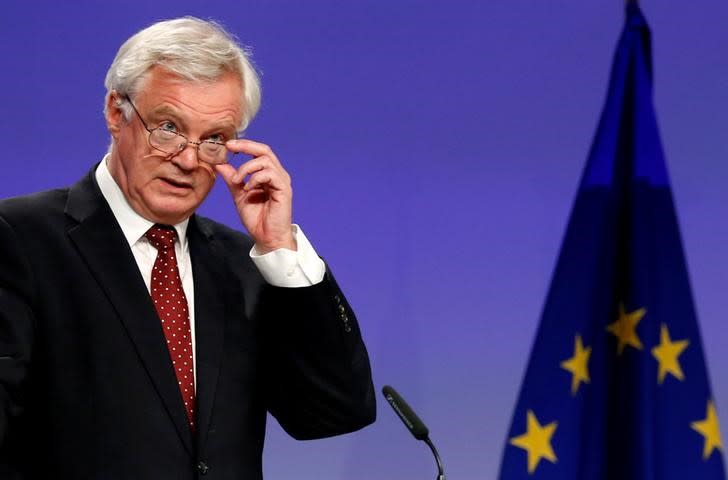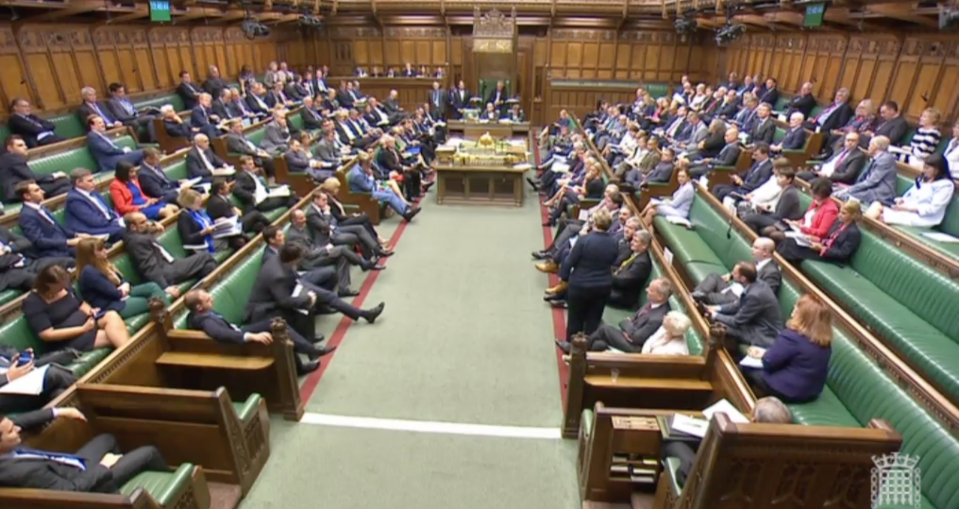David Davis is unstable and a liability for Brexit, warns Jean-Claude Juncker

Jean-Claude Juncker has voiced concern about the “stability and accountability” of David Davis and his political mandate to conduct Brexit talks, new documents have revealed.
In talks with chief EU negotiator Michel Barnier, the European Commission president said the Brexit Secretary‘s “apparent lack of involvement” in talks “risked jeopardising the success of the negotiations”, according to official minutes released in Brussels.
An official Commission spokeswoman declined to comment on the minutes, saying the situation had “moved on” since July 12, when Mr Barnier briefed Mr Juncker and other commissioners.
Mr Juncker’s comments emerged as Mr Barnier released a raft of new papers setting out the EU’s negotiating position on sensitive issues including the future of the Irish border, customs arrangements, intellectual property rights, public procurement and data protection.

And they came as MPs prepared for a bruising House of Commons showdown over the Government’s key Brexit legislation, with Labour threatening to vote down the Bill repealing Britain’s EU membership and other parties tabling amendments to block it.
The minutes of the July 12 meeting at the Commission’s Berlaymont HQ recorded that Mr Juncker “expressed his concern about the question of the stability and accountability of the UK negotiator and his apparent lack of involvement, which risked jeopardising the success of the negotiations”.
In an apparent reference to the Conservative Government’s loss of its overall majority in the June general election, the minutes added that Mr Juncker urged Mr Barnier “not to accept discussions at the purely technical level with negotiators who had no political mandate, while fundamental political questions still remained”.
The new paper setting out the EU’s guiding principles on the situation in Northern Ireland states that the onus rests on the UK to find a “unique solution” to the political, security and economic challenges created by Brexit.
Mr Barnier said he was concerned over the UK Government’s position on Ireland, which appeared to envisage the EU suspending the application of its laws, single market and customs union at a new external border.
“What I see in the UK paper on Ireland and Northern Ireland worries me,” he told a Brussels press conference.
“The UK wants to use Ireland as a kind of test case for the future EU/UK customs relations. This will not happen.
“Creativity and flexibility can’t be at the expense of the integrity of the single market and customs union.
“This would be not fair for Ireland and it would not be fair for the European Union.”

 Yahoo News
Yahoo News 
